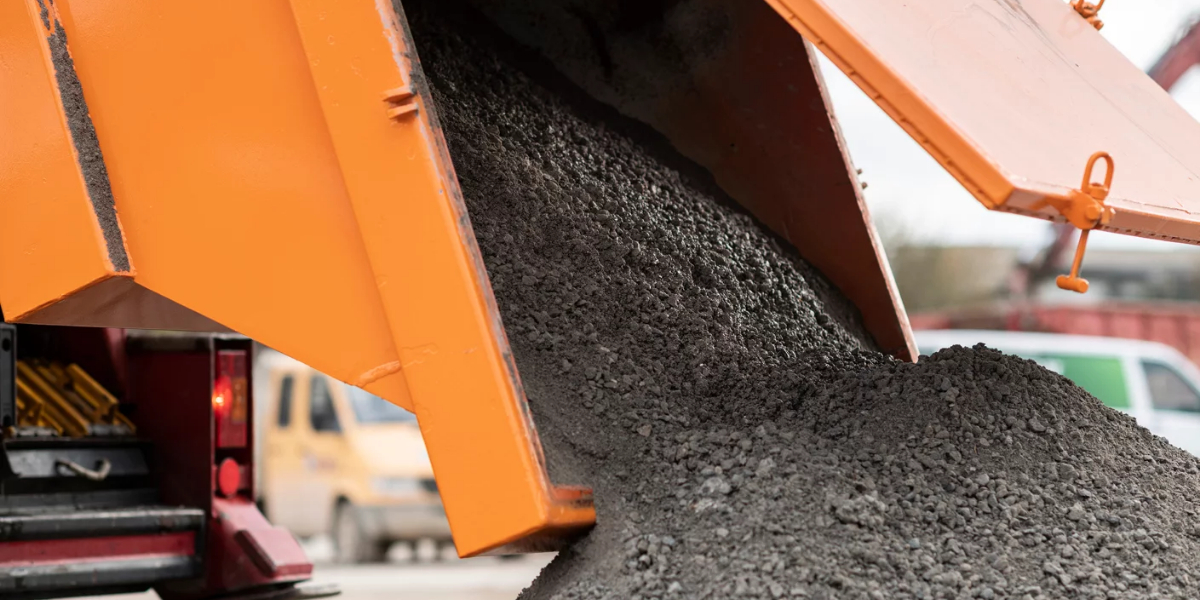AÑO
2023
CATEGORÍA
Trabajo
OBJETIVOS
Industria, innovación e infraestructura, Producción y consumo responsables, Acción por el clima
PAL. CLAVE
cement, CO2, CARBON CAPTURE
PAÍS
Switzerland
CRÉDITOS
Johannes Tiefenthaler
LINK
https://www.neustark.com
Neustark
Neustark removes CO2 from the atmosphere permanently stores it in recycled concrete
How does it work?
Capture: CO2 is removed from our air, carbon dioxide levels in our atmoshpere are thereby reduced. That's how we undo damage from the past in order to save our future.
Store: About 10kg of the captured CO? are permanently stored in each cubic meter of concrete. It's a natural process sped up from centuries to hours by our technology (we also quadruple the CO? uptake).
Avoid: The enriched material allows for the reduction of cement in fresh concrete. Up to 20kg of new CO2 emissions per m³ of fresh concrete are avoided.
Why is it needed?
7% of all global greenhouse gas emissions originate from the production of cement. Concrete is in higher demand than ever as a building material - and is at the same time one of the biggest climate killers.
Every year, global cement production causes around 2.5 billion tons of CO? emissions - which is roughly twice as much as the entire global air traffic produces.
?
The use of recycled concrete as a carbon dioxide reservoir is one of the most promising technologies in the field of Carbon Capture and Storage (CCS). Providers such as the Swiss startup neustark are already enabling significant improvements in the carbon footprint of new buildings.
How does it improve life?
By removing CO2 from the atmosphere and storing it in concrete permanently, our technology allows for the production of the most climate-friendly concrete in Switzerland.
In 2020 we pioneered the market with our modular plants, enabling producers to capture CO2 in concrete.
As of today, the recycled and CO2-enriched concrete granulate treated with neustark improves the climate balance of fresh concrete by about 10%. In addition to the permanent storage of CO2, this is due to the reduction of the cement ratio in fresh concrete towards the regulatory minimum.





